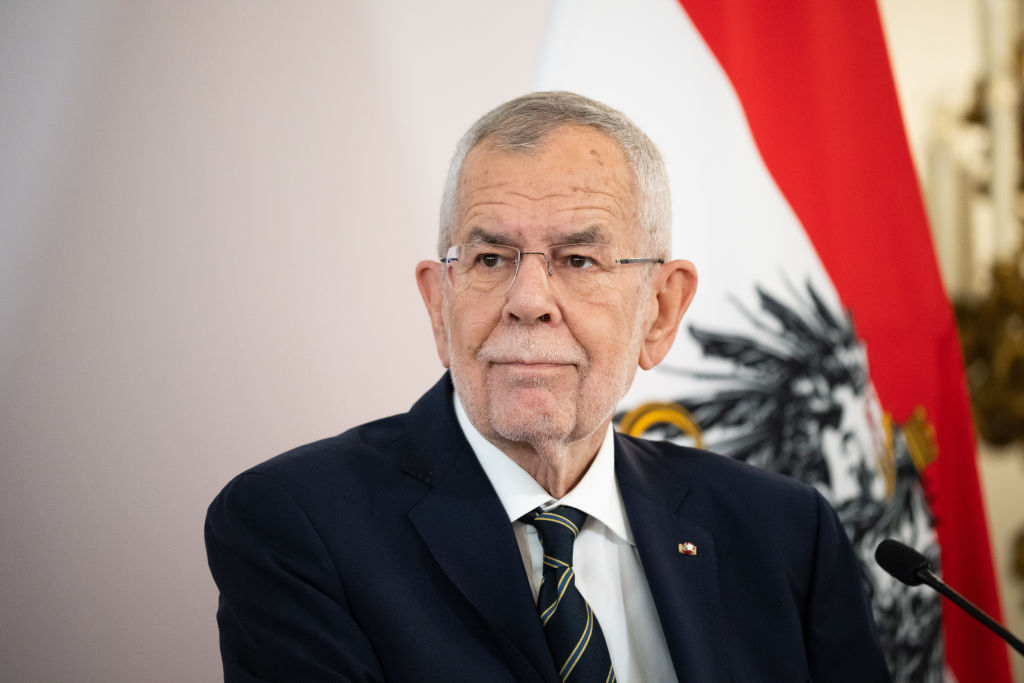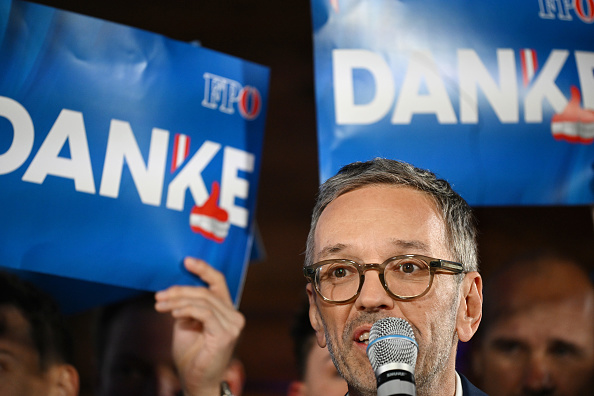The Vienna city council elections have been won by the ruling Social Democratic Party (SPÖ).
Despite having its second-worst result ever at 39 per cent in the ballot on on April 27, the party won a clear relative majority and will continue to govern Austria’s capital as it has since the end of the Second World War.
The Freedom Party (FPÖ) came in second with 21 per cent – tripling its vote compared to the previous election in 2015.
The right-wingers managed to attract both disillusioned SPÖ and disgruntled Conservative Austrian People’s Party (ÖVP) voters, as a ballot analysis showed.
The ÖVP continued its sharp downward trend in Austrian elections. The party lost 11 percentage points and slipped to less than 10 per cent in the final result. The Greens party came in largely unchanged at 14 per cent while the Liberal Neos party achieved 10 per cent.
The SPÖ has failed to achieve an absolute majority in the Vienna city council for the fourth time in a row; the four opposition parties could seize power by joining their 57 seats against the SPÖ’s 43, although that would not happen.
Ahead of the election, Greens, Neos, and ÖVP had all tried to position themselves as the preferred junior partner of the SPÖ. The Neos party even went so far as to ask: “Who should rule Vienna alongside the SPÖ?” on their election posters, proposing itself as the answer.
Vienna, therefore, seemed set to continue on the path it has followed for the past years – which is not good, according to surveys. In a poll among 2,500 Viennese in April 2025, only 58 per cent of respondents said Vienna was a “liveable” city – down from 74 per cent in 2020.
Some 37 per cent said it had “lost a lot of quality of living”. For 47 per cent of respondents, the most pressing issue was “asylum and immigration”.
Vienna has become a popular choice for immigrants.
For example, more than half of the 95,000 Syrians in Austria live in Vienna. Many of them may have been attracted to what critics see as the city’s disproportionately generous social welfare programme.
According to the Austrian integration ministry, 75 per cent of Syrians in Vienna were on welfare, compared to only 30 per cent in the rest of Austria.
Ahead of the latest city election, the SPÖ was heavily criticised for what many saw as pandering to conservative Muslim voters, especially among the Turkish community.
Voter analysis showed the SPÖ did especially well with first and second-generation immigrants but was less popular with indigenous Austrians.





